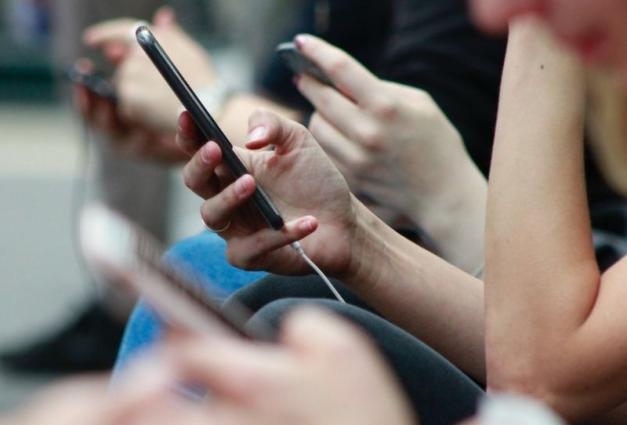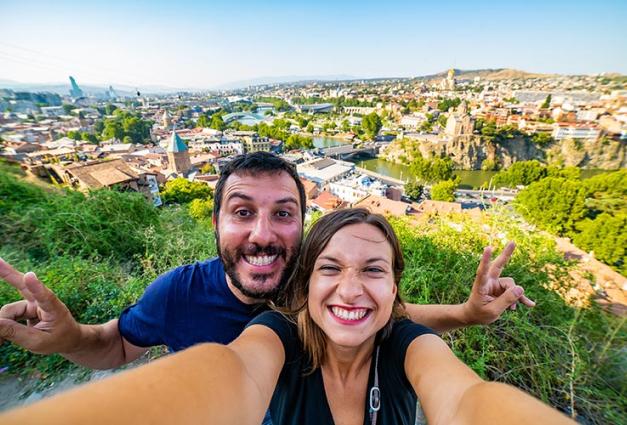At the SPSP Annual Convention, a panel of notable scholars sat down to discuss social media as a tool for social outreach and advocacy. Angela Duckworth, Jennifer Richeson, Jay Van Bavel, and Simine Vazire weighed in on the benefits and potential risks of using social media as a professional medium to share research and engage in discussions about topics in the field.
When asked about the upsides of using social media, the panelists agreed that it is a useful way to connect with other scholars in the field. Twitter can be a useful mechanism for sharing your own research, but it also gives you a sense of being plugged into your field, as you are exposed to emerging research in real time.
Social media provides the opportunity to learn from scholars inside and outside of one’s field. It can also be great for underrepresented scholars, as they may be able to connect with others with shared experiences and develop a support network.
However, there are potential downsides. When bound by character limits and void of emotional and nonverbal cues, it is possible that scholars will be misunderstood at times. It may be beneficial to share in your own voice and give your perspective, while trying to anticipate the ways in which it might your work may be mischaracterized and addressing that when you share.
Individuals must also determine what to share on professional social media accounts and to what level they should share personal information. One panelist suggested asking yourself how you would act if this were outside of the digital arena. If you would not want to share this information to people in real life, you might not want to share it online either. The same goes for how you engage. If you would not engage in a specific debate or criticize another’s work in-person, it is probably best practice to avoid doing so in digital spaces as well.
Another panelist encouraged the audience to feel comfortable promoting their accomplishments and research findings. Events such as the SPSP annual convention provide unique opportunities for sharing and connecting. Using hashtags such as #SPSP2020, allows scholars to share their posters and slides with exponentially more people than were able to attend their presentations in-person.
Ultimately, deciding what to share and whether to engage in social media outreach is a personal decision. Do what you feel is right for you but remember that these are professional spaces and it is important to act in a way that reflects well upon yourself.
Although there are some risks, it is clear that the benefits of connecting with other scholars all over the world, engaging in ongoing discussions in the field, and staying up-to-date on emerging literature make social media an extremely useful tool for science outreach when harnessed professionally.
Written By: Kristan N. Russell, PhD Candidate at the University of Nevada, Reno
Session Title: Social Media as Tools for Science Outreach and Advocacy
Time/Date: 12:45pm – 2:00pm on February 28, 2020
Panel Moderator: Eli Finkel (Northwestern University)
Panel: Angela Duckworth (University of Pennsylvania), Jennifer Richeson (Yale University), Jay Van Bavel (New York University), and Simine Vazire (University of California, Davis).




